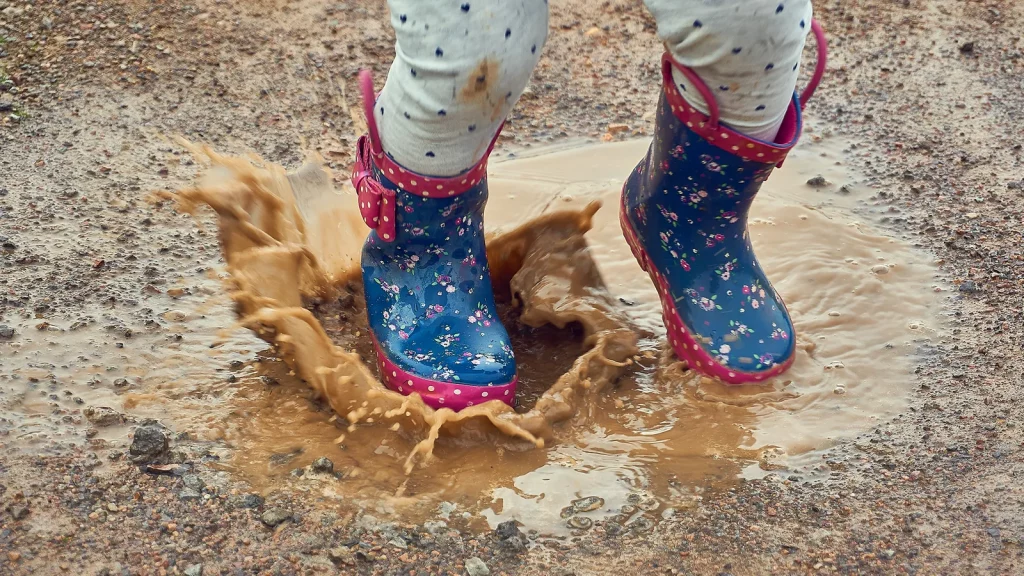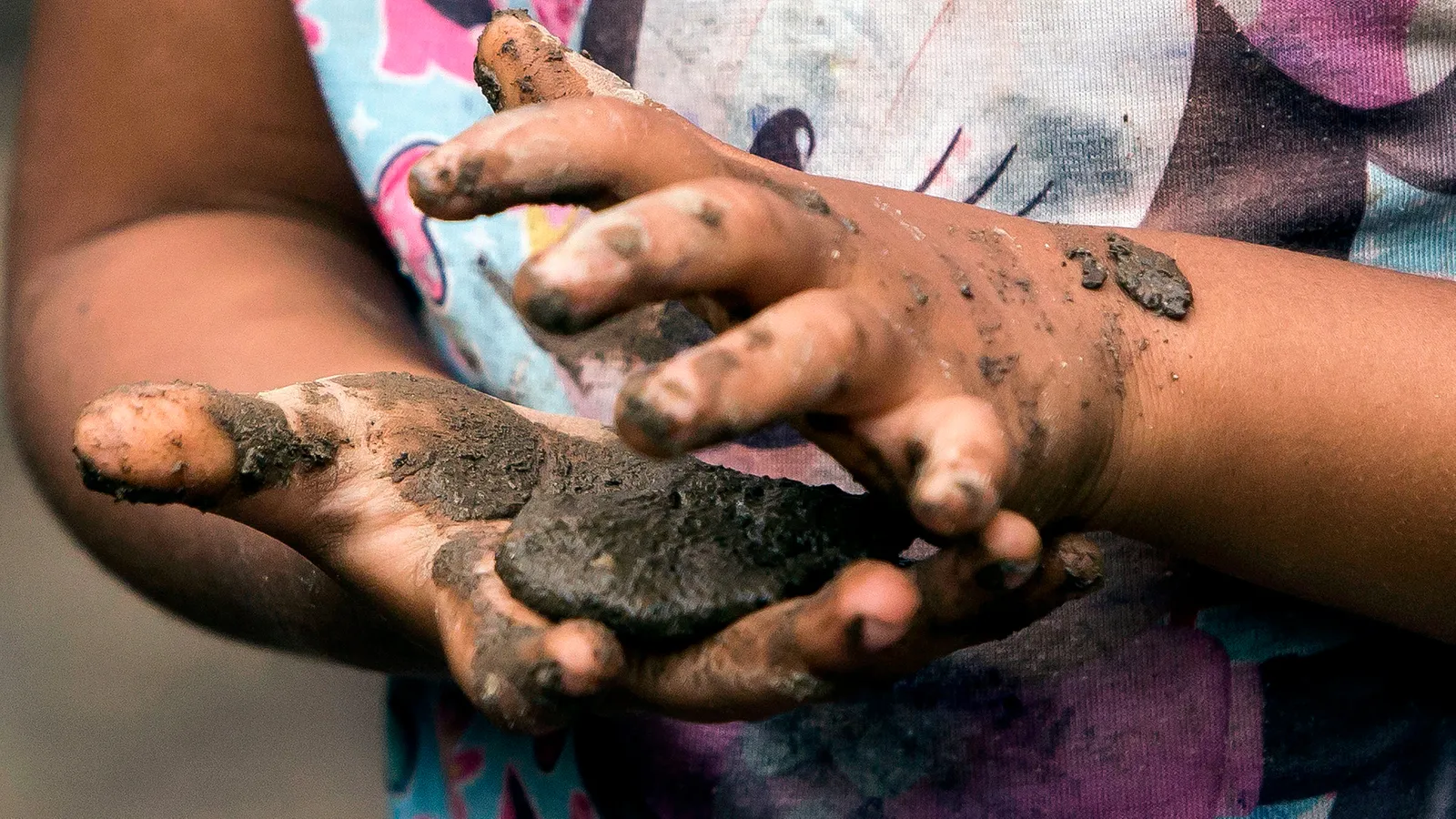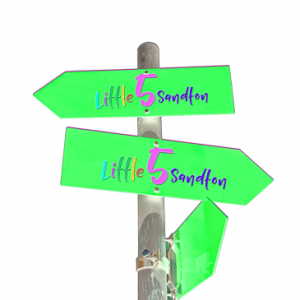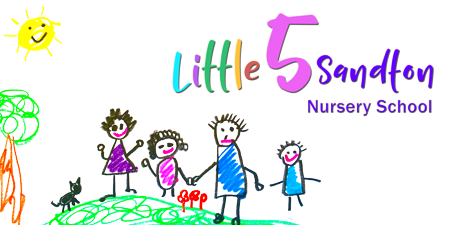How Mud Boosts Your Immune System
11th October 2022Children love getting dirty. They are drawn to puddles like muddy magnets, with no regard for footwear or the colour of their clothing. But getting mucky could have a powerful effect on their wellbeing, too.
“Don’t get dirty!” was once a constant family refrain, as parents despairingly watched their children spoil their best clothes. Whether they were running through farmers’ fields, climbing trees or catching tadpoles, it was inevitable that children’s whites would turn brown before the day was over. Today, many parents may secretly wish their children had the chance to pick up a bit of grime.
With the rise of urbanism, and the allure of video games and social media, contact with nature is much rarer than in the past. For many, there is simply no opportunity to get muddy. What is gained in laundry bills may be lost in the child’s wellbeing. According to recent research, the dirt outside is teeming with friendly microorganisms that can train the immune system and build resilience to a range of illnesses, including allergies, asthma and even depression and anxiety.
These findings show that outdoor exercise is not only beneficial because of the chance to roam free – but that certain natural materials, such as soil and mud, also contain surprisingly powerful microorganisms whose positive impact on children’s health we are only beginning to fully understand.
Mental Restoration
Many of the psychological benefits of outdoor play are already well established. Our brains evolved in natural landscapes, and our perceptual systems are particularly well suited to wild outdoor spaces. This means that natural scenes provide the perfect level of stimulation, which is thought to help recharge the brain when it is tired and easily distractable. Supporting this theory, one study from 2009 found that children with attention-deficit hyperactivity disorder (ADHD) were better able to concentrate following a 20-minute walk in the park, compared to a 20-minute walk on the streets of a well-kept urban area. Being in the proximity to grass and trees seemed to have had a beneficial effect on their minds.
The authors recommended using such “doses of nature” as a safe and accessible way of supporting children with ADHD, alongside other tools. Besides these restorative effects, outdoor play can offer valuable learning experiences. For example, the act of moulding and kneading materials like mud or sand can help children develop the way their senses and movement interact, known as sensorimotor development, according to Francesco Vitrano, a child neuropsychiatrist, psychotherapist and lecturer at the University of Palermo, Italy, who has a long experience of applying these therapies.
This allows the child to gradually understand his or her bodily signals. Such activities – away from the house or classroom – may also help children to find ways to cope with emotions that may be hard to explore in other environments. So-called “sand tray therapy”, which involves using sand and miniature figurines to express one’s thoughts and feelings, is an accepted form of counselling for children who are struggling to verbalise their emotional state. When it comes to the child’s physical health, the most obvious advantage of outdoor play may be the exercise.
A child may find it easier to build up strength and stamina in a large open space resulting in a reduced risk of obesity, according to one study led by Elizabeth Gershoff, professor of human development and family sciences at the University of Texas at Austin, US. The latest findings, however, suggest there could be a host of other advantages to playing in natural environments – and the secret may be alive and wriggling around in the mud itself.
Kneading materials like mud or sand can help children develop…
Many of the psychological benefits of outdoor play are already well established. Our brains evolved in natural landscapes…
Source: BBC Future




